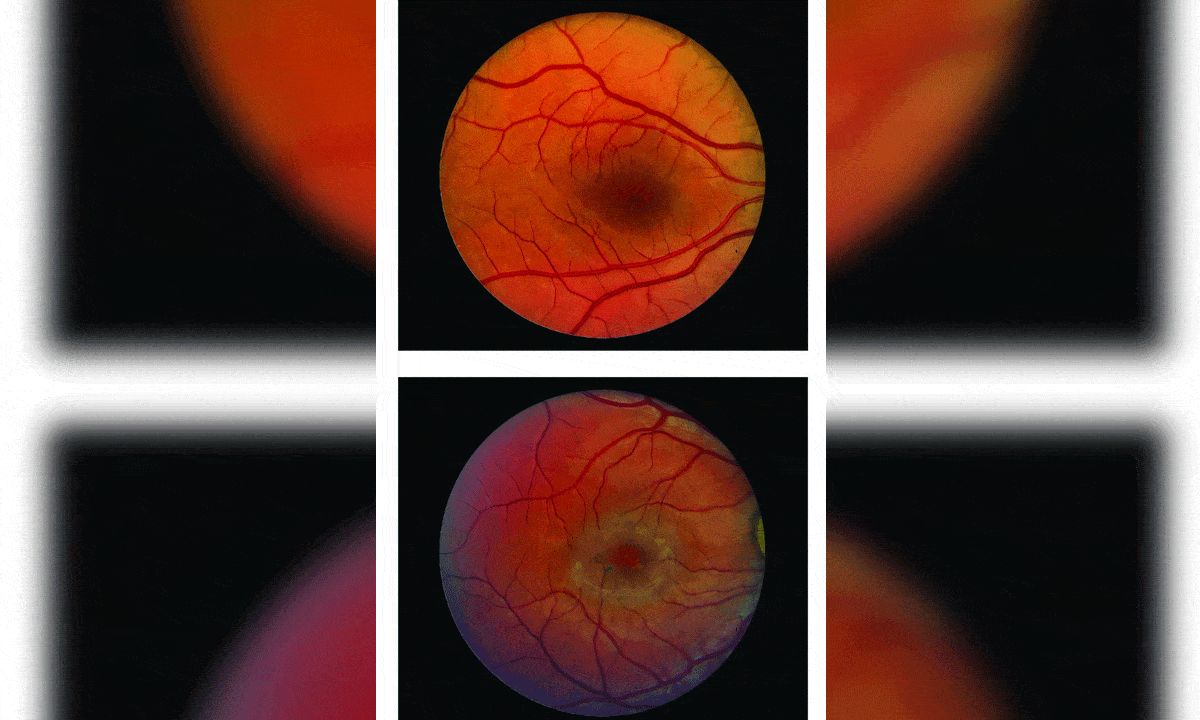Surgical implant can slow down vision loss caused by blinding eye disease: Study
Vision loss caused by a blinding eye disease can be slowed with a neuroprotective surgical implant, according to a study.

New Delhi: Vision loss caused by a blinding eye disease can be slowed with a neuroprotective surgical implant, according to a study.
For people with macular telangiectasia type 2 (MacTel) — an orphan retinal disorder that gradually destroys central vision — there have long been no approved treatment options.
The study, published in NEJM Evidence, reported results from two Phase III clinical trials evaluating ENCELTO — a surgically implanted device that continuously releases a therapeutic protein to preserve vision.
Conducted across 47 sites internationally, the randomised trials enrolled 228 participants with MacTel, following their progress over a 24-month period, and the results provide strong evidence that the implant can preserve vision in people with MacTel.
“This is a step toward redefining how we think about vision loss. Instead of waiting for cells to die, we’re learning how to protect and preserve them,” said Professor Martin Friedlander of Scripps Research, US.
“This is the first time we’ve seen a therapy meaningfully alter the course of MacTel. It confirms that neuroprotection can be a powerful strategy to preserve vision in degenerative retinal conditions,” he added.
The US FDA-approved device delivers ciliary neurotrophic factor (CNTF) — a naturally occurring protein known to protect retinal neurons.
ENCELTO also consists of genetically modified retinal pigment epithelial cells — which help nourish and support the retina — housed in a tiny, collagen-based capsule, which is implanted in the back of the eye.
The capsule design helps the cells to remain shielded from immune rejection while continuously releasing CNTF — enabling long-term, localised delivery of the therapeutic molecule.
The study demonstrated that ENCELTO significantly slowed the loss of photoreceptors — light-sensing nerve cells that are critical for central vision — compared with sham-treated eyes, or eyes that underwent a simulated procedure without receiving actual treatment.
In one of the trials, the implant resulted in a 54.8 per cent reduction in the rate of ellipsoid zone loss — a measurable change in retinal structure that signals photoreceptor cell degeneration. The second trial showed a 30.6 per cent reduction in the same measure, which is still statistically significant, though smaller in magnitude.
